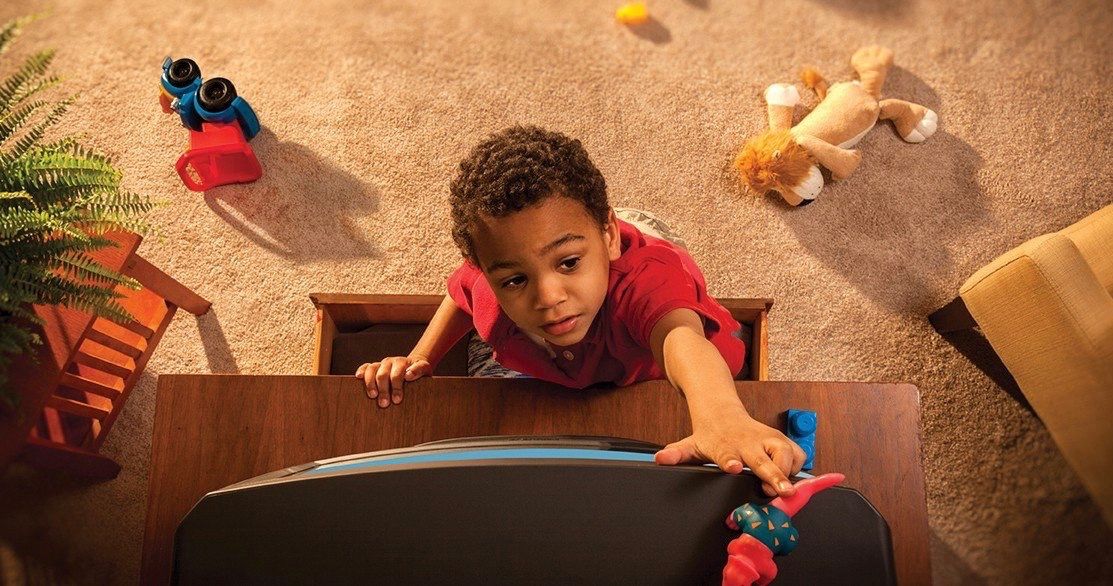As the coronavirus pandemic spreads across the United States, kids are spending more time indoors and many doctors are anticipating a notable increase in domestic pediatric injuries. At the same time, parents may also be warier than ever to take their children to an emergency room for treatment.
According to Dr. Benjamin Hoffman, M.D., a professor of pediatrics at Oregon Health & Science University School of Medicine and chair of the American Academy of Pediatrics’ Council on Injury, Violence and Poison Prevention, homeschooling may be a temporary solution to minimizing exposure to COVID-19, but parents who are working from home aren’t necessarily in a position to provide the same type of supervision that teachers do.
RELATED: Doctor Says Women Shouldn't Be Afraid Of Delivering At A Hospital During Coronavirus Outbreak
Although it will be difficult to quantify the increase in pediatric injuries since many parents are unwilling to go to the doctor, there is anecdotal data to support this theory. Christine Peterson, the mother of three-year-old in Wyoming, said her daughter ran into her truck’s tailgate on March 13, yet she delayed getting medical attention due to fears of infection. Her daughter was ultimately diagnosed with a fractured shinbone.
“Had it been any other time, I’m sure we would’ve taken her in to get stitches on her face and then had someone look at her foot, but it didn’t seem that bad,” Peterson told the New York Times.
Torine Creppy, president of Safe Kids Worldwide, a nonprofit that helps families and communities keep children safe from preventable injuries, says that it is expected that domestic injuries will increase since children will have a lot more unstructured time at home. Marie Snodgrass, the injury prevention program lead at the University of Michigan’s C.S. Mott Children’s Hospital, agrees. “We’re expecting this huge spike,” she says.
Still, there are ways to deal with children’s excess energy, which they would normally exhaust during school recess. Dr. Alison Tothy, M.D., a pediatric emergency physician at the University of Chicago Medicine, advises parents working from home to consider a shift schedule so that one parent is always supervising the kids. It is also important to create structure and scheduled activities, says said Dr. Brad Sobolewski, M.D., a pediatric emergency medicine physician at Cincinnati Children’s Hospital Medical Center.
It is also important to double-check that your home is childproofed by making sure that all furniture is secured, sharp corners are padded, firearms are locked away, windows are fastened, pools are gated, and prescription medicine and toxic substances are out of children’s reach.
READ NEXT: Hospitals Barring Partners From Delivery Rooms During Coronavirus Pandemic
If parents do need to go to the emergency room, most hospitals have implemented protocols to keep patients protected from exposure to COVID-19. The Centers for Disease Control and Prevention have recommended that all hospitals and health care facilities isolate patients with respiratory symptoms.
Source: NYTimes

